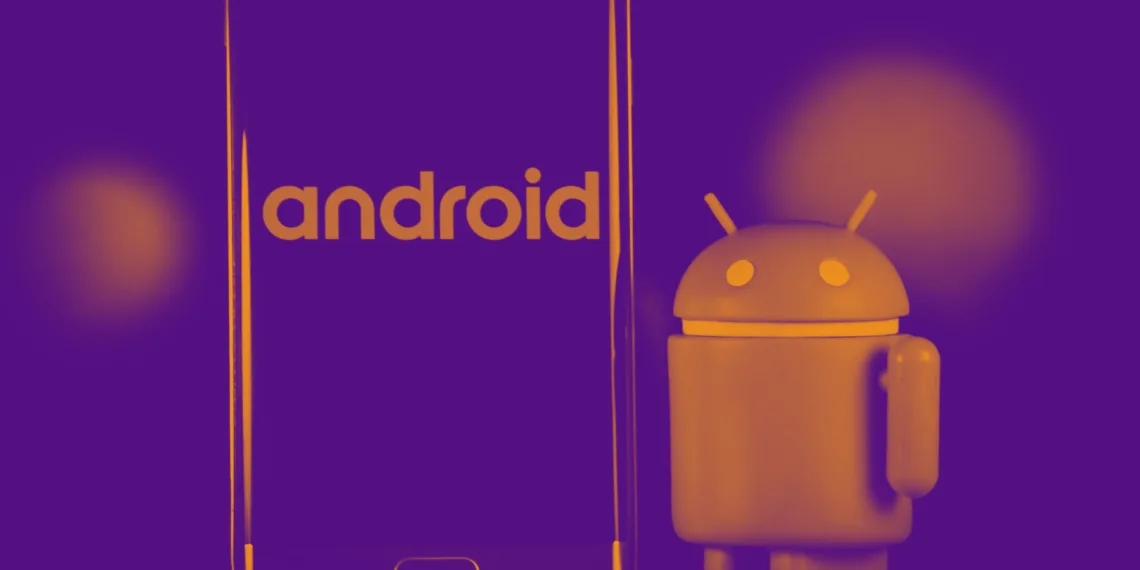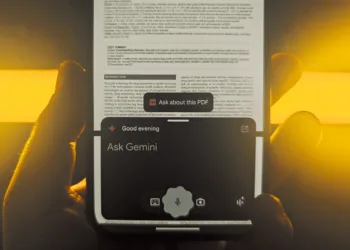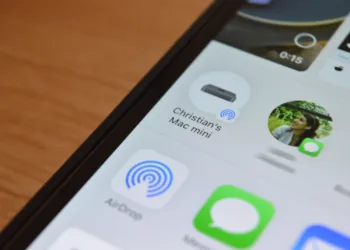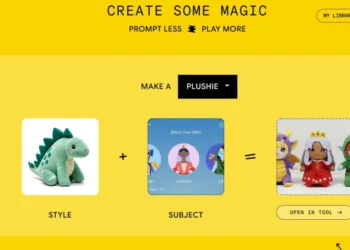The ongoing antitrust battle involving Google has led to a series of extensive policy proposals from the Department of Justice, including a suggested divestiture of the Chrome browser division. While the lawsuit primarily addresses issues related to Google’s Search monopoly, it also poses significant implications for Android and the broader browser landscape.
In response, Google has presented its own set of “remedies” to counter the DOJ’s suggestions, asserting that its proposals exceed the parameters of the court’s focus.
One of the key changes proposed by Google would grant partners, like Apple, the autonomy to select their preferred browser engines. Currently, Google invests billions into partnerships with major companies like Apple and Samsung, ensuring that Google Search is the default choice on their devices.
For the sake of user flexibility, Apple permits iPhone users to change their default search engine. Last year, an Apple executive confirmed that with the rollout of iOS 17, users can set distinct search engines for normal and private browsing modes using the Safari browser.
In addition, Google financially supports competitors of the Chrome browser to promote its search engine. For instance, Mozilla receives hundreds of millions of dollars from Google annually, which has been vital in sustaining the company.
The recent proposal indicates that Google will establish separate search agreements for each platform, meaning distinct contracts for products like iPhones (iOS) and iPads (iPadOS), as well as for different browsing modes.
Another noteworthy aspect of Google’s proposal concerns the ability of partners such as Apple to renew their search agreements every year, allowing them the chance to explore other options in the marketplace.
“[There’s] the ability to change their default search provider at least every 12 months,” stated Lee-Anne Mulholland, Vice President of Regulatory Affairs at Google. This search arrangement is intricately linked to Android, and significant alterations might ensue if these terms are accepted.
A significant change for Android

According to Google, their proposal would provide manufacturers with greater flexibility to preload multiple search engines and install Google applications independently of requiring Search or Chrome.
This approach includes what can be described as conditional licensing, where a brand must incorporate one Google service to access additional ones. Currently, Google’s licensing agreements with Android manufacturers for Google Mobile Services (GMS) contain specific pre-installation requirements related to rival search engines.
“Android partners would not need to license Google Search (or Chrome) to preload Google Play or any other Google apps on Android devices, which addresses the Court’s concerns regarding the options available to device manufacturers for preloading a competing search engine, even on an exclusive basis,” Google stated in its filing.
Additionally, Google’s proposal emphasizes that it will not hinder partners from preloading competing search engines or browsers on their devices. This stipulation also extends to the realm of artificial intelligence. Device manufacturers will not be required to bundle the Gemini AI assistant to access essential Google products like Search, Google Play, or Chrome.
Furthermore, should a manufacturer choose to include a generative AI product that competes with Gemini, Google will not impose exclusive distribution or licensing limitations. The overarching principle is that Google will not set the use of Search as a prerequisite for access to other products, such as Play services, on a device.
It’s important to note that all proposed remedies would last for a period of three years, as opposed to the ten years sought by the plaintiffs in the case. “We do not make these proposals lightly,” Google remarked, stating that while these changes would entail costs for its partners, they still aim to address the court’s fundamental issues.










